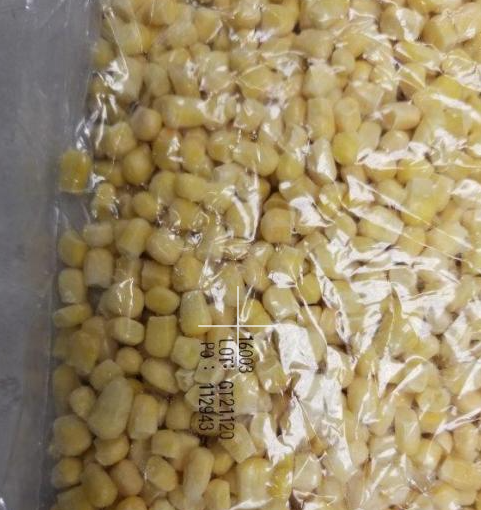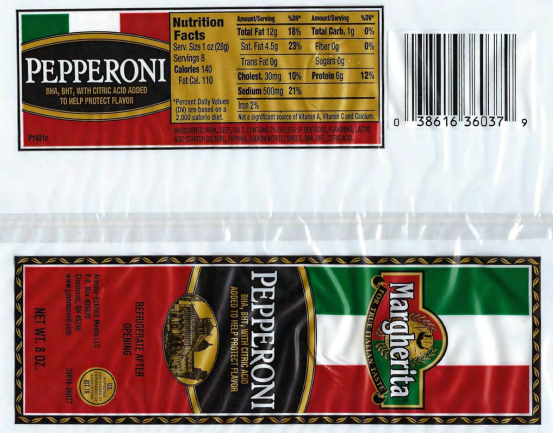The Michigan Department of Agriculture and Rural Development (MDARD) advised consumers not to eat Fresh Express Sweet Hearts Romaine Lettuce Sweet Butter Lettuce due to Listeria monocytogenes. A sample of product collected as part of routine sampling in December and analyzed by MDARD has tested positive for Listeria monocytogenes. The product is packaged in a 9 oz. clear plastic bag with a green and red label with white lettering and has a use-by date and lot code of “DEC 08 Z324B05A 16:04 07; Product of USA” located on the upper right corner of the front of the bag. Currently, no cases of illness have been associated with this product in Michigan. @ https://www.michigan.gov/mdard/0,4610,7-125–574207–,00.html




